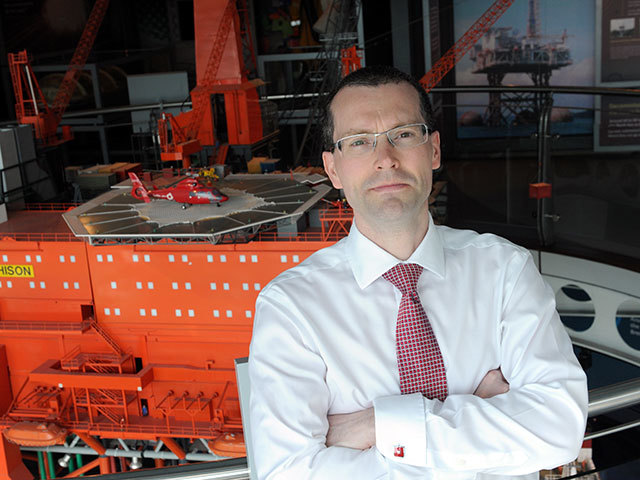
“People are our most valuable asset”. People, people, people. You could be forgiven for thinking your CEO meant you. Oil prices are now down, not least as China’s growth has slowed. Did your CEO actually mean the people of China are his most valuable asset? Corporate values are under pressure. Brent crude is now trading nearer $80 than the $100 we have got used to. What is the risk of core values now being decommissioned?
In recent years conference hotels of the world have thrived on our chairman and chief executives talking values. Admit it. When commodity prices were high it was still nice to hear that our success was wholly deserved. Over high-protein breakfasts we have willingly heard more vision statements than Joan of Arc. Sermons on our integrity, respect and trust have been common-place.
Apparently preaching to the converted; perhaps the only thing that changed was the quality of the sausage. Values seemed safe, even cheap.
Will our values survive a drop in the oil price? When the lawyer’s opinion is sought you know that there is pressure on.
What are we really committed to? We didn’t say anything “contractual” did we? For town hall presentations the well advised always had “and now here’s the slide from our lawyers”. You know it, the one at the end with the impenetrable small-print.
The one the delegates always laughed at. The one that claims the only thing you can complain about is the sausage. Beware; lawyers usually get the last laugh. However, if it comes down to it, remember that (under Scots law at least) in the main a verbal contract is enforceable and so is a unilateral promise (no “consideration” in return is required here).
Things get even more interesting when core value statements have found their way into codes of conduct and other contractual or quasi-contractual documents. Lawyers usually advise quarantining aspirational statements from contractual statements. It helps avoid cross-contamination and innocent (or intentional) confusion.
For example, put your “we value relationships” statement in a different place to your anti-corruption procedures. Lawyers’ advice isn’t always taken. Now (coached) UK employees may claim such aspirational provisions constitute part of the implied duty of trust and confidence between them and their employer. Sub-contractors reasonably claim that if they can apparently be held to account for a breach then why can’t the policy’s authors? They may have a point.
The price of values is arguably counter cyclical. They can seem cheap when the oil price is high; expensive when the oil price is low. But price is not the same as value. This industry, perhaps more than any other, should know the difference and understand the necessity of long term investment. Maintaining core values now is such an investment.
Some values statements claim their authors “welcome feedback when you feel we have fallen short of our standards”. In my experience, even at $100 oil, the welcome hasn’t always been warm.
True measurement comes when put to the test. Memories are long. When times get a little tougher the real value of integrity and trust will increase. A common risk being that suppliers will promise more for less. Then fail to deliver. Now that will be one for the lawyers.
This is not the time to decommission your core values but time to invest in them.
Peter Murray is a partner at Scottish law firm Ledingham Chalmers where he specialises in UK corporate law and international projects.
Recommended for you
